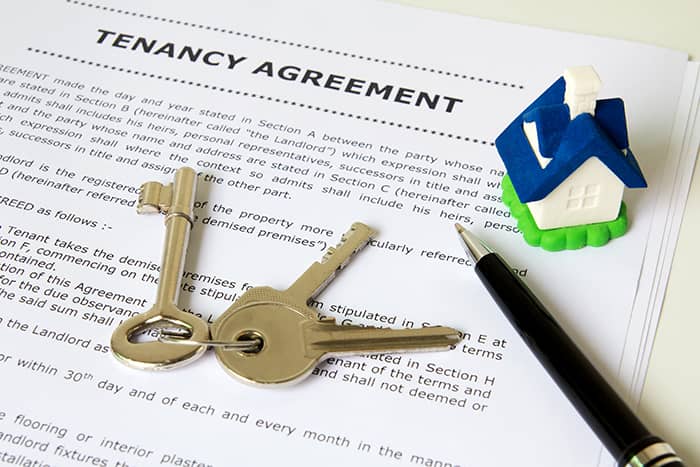6 Terms Every Landlord Should Add to Their Apartment Lease Agreement
Every landlord should add key points to his or her lease agreement as soon as possible. The lease agreement is the apartment renter and the landlord have agreed upon renting a unit. By law, lease agreements should have the parties who are living in the unit. It should also include if pets were part of the contract. The lease agreement should clearly state how much rent should be paid every month and by what date. Some landlords will require a background check along with a credit check and income verification like paystubs or a W2.
All Property Owners Must Read This
Several months ago I negotiated a commercial lease for one of my clients, where this client was the landlord and a “niche” program (local non-profit program) was the tenant. Overkill you might ask. Perhaps, but not in the face of challenges with tenants.
So, in this particular case, rents were due on the 1st of June. Guess what – no rent, just excuses. On the 10th, per the lease, late fees kicked in and if rent still was not paid a default could be declared within 3 days of the default. This is all covered in those 100-plus clauses and provides very specific remedies and actions for both parties (landlord and tenant). While I realize that many of the requirements found in a commercial lease would never survive in a residential environment the key point is this:
Given that as of this week, the rent still hasn’t been paid, in spite of continued negotiations and unkempt promises from the tenant, a default is being declared and the property is going back to the landlord. All easy actions for the landlord because the complete scenario is detailed in the lease. You can bet this situation will end up in front of a judge and here is the most important part of this discussion — this lease is extremely clear regarding the process when rents are not paid, and the landlord is fully versed on his rights and is confident he will prevail in front of a judge.
Something to Think About
Will your lease stand up and support your actions as a landlord in front of a judge when you have to defend against a tenant who will say anything… yes even lying, to keep you at bay?
If you are in doubt for one minute regarding how your lease will support you, then you need to get your lease revised to ensure it protects you and defines the actions you need to take to manage your tenants and protect your investments. And… what clauses might be included? Here are 6 key clauses to include in your lease.
1. Property Entry
Most states have laws regarding when you can enter your properties, under what circumstances, and what notifications are required. If your lease is silent on this item, your hands are tied if a tenant complains that there are neglected maintenance or safety issues and they won’t let you in to correct them. If you think I am kidding… many landlords in California get caught up in this catch-22 because their lease sucks.
2. What Maintenance is the Landlord Responsible For
Obviously, you are most likely responsible for all of it… even the stuff damaged by your tenants. But, if it is not clearly defined in your lease and you try to charge a tenant’s security deposit you might run into problems once the tenant leaves.
3. Plumbing Issues
This is my favorite. In fact, I just had a tenant who had been living in one of my properties call last month complaining that the sewer line was backed up and that there was no way they could have done this (they had been in the property for 18 months with no problems and there are no trees or roots near the sewer line) and they wanted me to pay to get it unplugged. After reminding them that per the lease this was their responsibility, I lined up the plumber and they were billed to have the sewer line cleared… just as the lease stated. Oh, and yes they did clog the drain. Diaper.
4. Allocation of Rents
This is another critical item. The key here is that when rents are received they are allocated to all other charges owed by the tenants before the remainder of the month was allocated towards the rent. The result is that while the tenant thought they paid the rent on time, the amount paid went first to the other charges (maintenance, water/sewer, etc.) leaving less than the full rent amount… thereby leaving a rent amount that you could go to rent court over.
5. Late Fees
When the rent is late, a late fee must be charged. If your clause isn’t clear regarding when the late fee will be incurred and in the amount legally allowed in your state you should think about getting that clause in your lease.
6. Pests
As any landlord will tell you… tenants will swear on a stack of bibles that they could never be the cause of pests… roaches, ants, rodents, etc. And as landlords, we know that the reality is very different from their perception.

